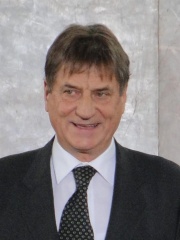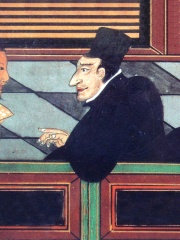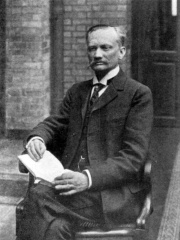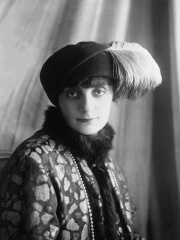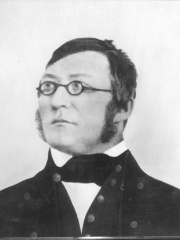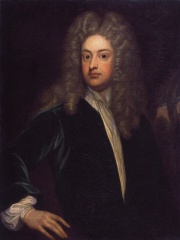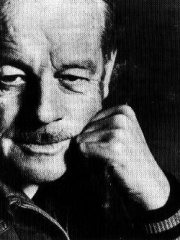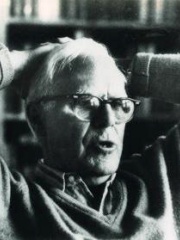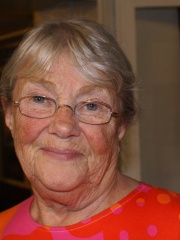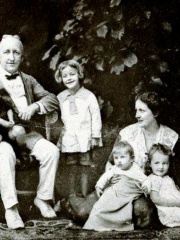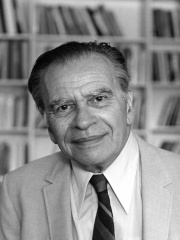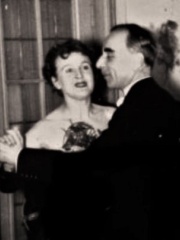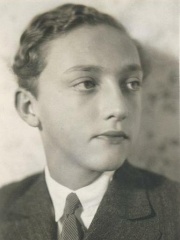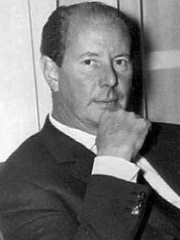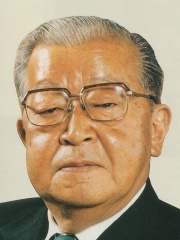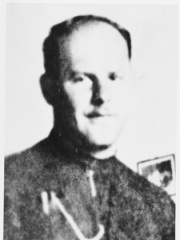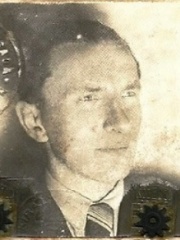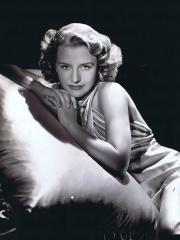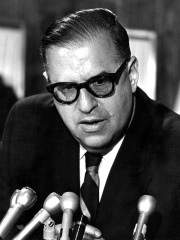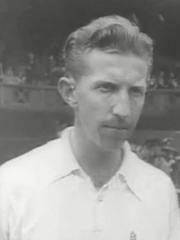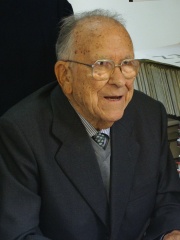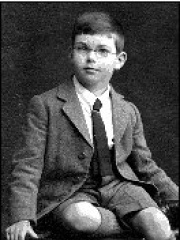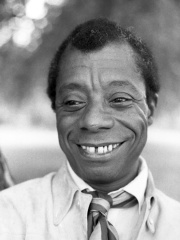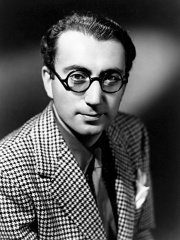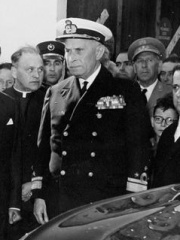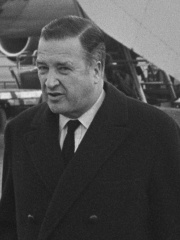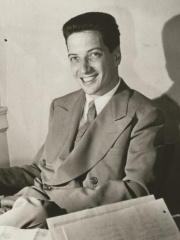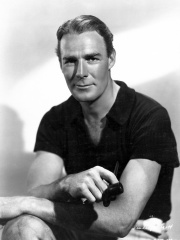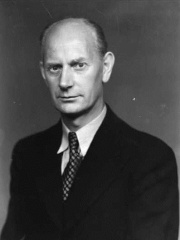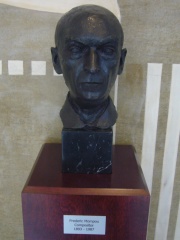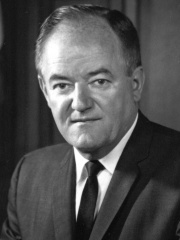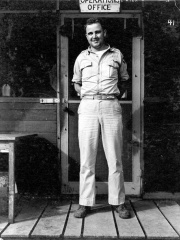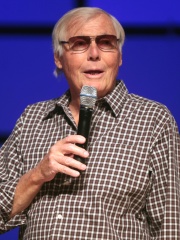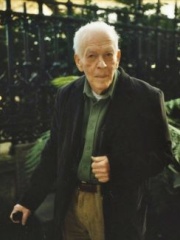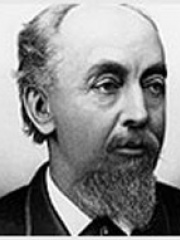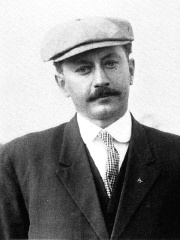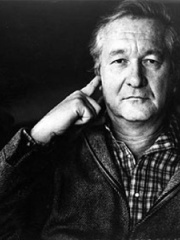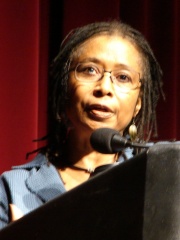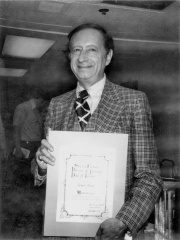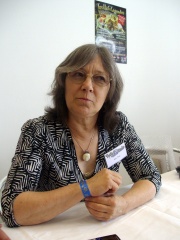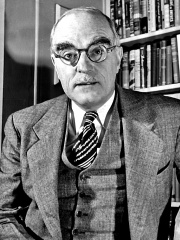Writer
James Tiptree Jr.
1915 - 1987
EN.WIKIPEDIA PAGE VIEWS (PV)

 James Tiptree Jr.
James Tiptree Jr.
Her biography is available in 27 different languages on Wikipedia (up from 24 in 2024). James Tiptree Jr. is the 1,481st most popular writer (up from 3,600th in 2024), the 2,159th most popular biography from United States (up from 4,623rd in 2019) and the 168th most popular American Writer.
Memorability Metrics
Page views of James Tiptree Jr. by language
Among Writers
Among writers, James Tiptree Jr. ranks 1,481 out of 7,302. Before her are Louis de Rouvroy, duc de Saint-Simon, Claudio Magris, Cratinus, Luís Fróis, Joseph Bédier, and Anna de Noailles. After her are Henrik Wergeland, Joseph Addison, Alistair MacLean, Martin Gardner, Maj Sjöwall, and Winifred Wagner.
Most Popular Writers in Wikipedia
Go to all RankingsLouis de Rouvroy, duc de Saint-Simon
1675 - 1755
HPI: 65.36
Rank: 1,475
Claudio Magris
1939 - Present
HPI: 65.36
Rank: 1,476
Cratinus
500 BC - 422 BC
HPI: 65.36
Rank: 1,477
Luís Fróis
1532 - 1597
HPI: 65.35
Rank: 1,478
Joseph Bédier
1864 - 1938
HPI: 65.35
Rank: 1,479
Anna de Noailles
1876 - 1933
HPI: 65.34
Rank: 1,480
James Tiptree Jr.
1915 - 1987
HPI: 65.33
Rank: 1,481
Henrik Wergeland
1808 - 1845
HPI: 65.32
Rank: 1,482
Joseph Addison
1672 - 1719
HPI: 65.32
Rank: 1,483
Alistair MacLean
1922 - 1987
HPI: 65.32
Rank: 1,484
Martin Gardner
1914 - 2010
HPI: 65.32
Rank: 1,485
Maj Sjöwall
1935 - 2020
HPI: 65.32
Rank: 1,486
Winifred Wagner
1897 - 1980
HPI: 65.30
Rank: 1,487
Contemporaries
Among people born in 1915, James Tiptree Jr. ranks 64. Before her are Joseph Greenberg, Gretl Braun, Robert, Archduke of Austria-Este, Terence Young, Kaoru Ishikawa, and Miroslav Filipović. After her are László Csatáry, Priscilla Lane, Abba Eban, Don Budge, Santiago Carrillo, and Alan Watts. Among people deceased in 1987, James Tiptree Jr. ranks 47. Before her are James Baldwin, Gretl Braun, Yakov Zeldovich, Rouben Mamoulian, Douglas Sirk, and Américo Tomás. After her are Alistair MacLean, Henry Ford II, John Hammond, Randolph Scott, Einar Gerhardsen, and Federico Mompou.
Others Born in 1915
Go to all RankingsJoseph Greenberg
LINGUIST
1915 - 2001
HPI: 65.87
Rank: 58
Gretl Braun
SOCIAL ACTIVIST
1915 - 1987
HPI: 65.74
Rank: 59
Robert, Archduke of Austria-Este
POLITICIAN
1915 - 1996
HPI: 65.57
Rank: 60
Terence Young
FILM DIRECTOR
1915 - 1994
HPI: 65.48
Rank: 61
Kaoru Ishikawa
CHEMIST
1915 - 1989
HPI: 65.47
Rank: 62
Miroslav Filipović
POLITICIAN
1915 - 1946
HPI: 65.37
Rank: 63
James Tiptree Jr.
WRITER
1915 - 1987
HPI: 65.33
Rank: 64
László Csatáry
POLITICIAN
1915 - 2013
HPI: 65.30
Rank: 65
Priscilla Lane
ACTOR
1915 - 1995
HPI: 65.27
Rank: 66
Abba Eban
POLITICIAN
1915 - 2002
HPI: 65.10
Rank: 67
Don Budge
TENNIS PLAYER
1915 - 2000
HPI: 65.04
Rank: 68
Santiago Carrillo
POLITICIAN
1915 - 2012
HPI: 64.90
Rank: 69
Alan Watts
PHILOSOPHER
1915 - 1973
HPI: 64.89
Rank: 70
Others Deceased in 1987
Go to all RankingsJames Baldwin
WRITER
1924 - 1987
HPI: 65.75
Rank: 41
Gretl Braun
SOCIAL ACTIVIST
1915 - 1987
HPI: 65.74
Rank: 42
Yakov Zeldovich
PHYSICIST
1914 - 1987
HPI: 65.57
Rank: 43
Rouben Mamoulian
FILM DIRECTOR
1897 - 1987
HPI: 65.56
Rank: 44
Douglas Sirk
FILM DIRECTOR
1897 - 1987
HPI: 65.56
Rank: 45
Américo Tomás
POLITICIAN
1894 - 1987
HPI: 65.55
Rank: 46
James Tiptree Jr.
WRITER
1915 - 1987
HPI: 65.33
Rank: 47
Alistair MacLean
WRITER
1922 - 1987
HPI: 65.32
Rank: 48
Henry Ford II
BUSINESSPERSON
1917 - 1987
HPI: 65.23
Rank: 49
John Hammond
MUSICIAN
1910 - 1987
HPI: 65.20
Rank: 50
Randolph Scott
ACTOR
1898 - 1987
HPI: 65.11
Rank: 51
Einar Gerhardsen
POLITICIAN
1897 - 1987
HPI: 65.02
Rank: 52
Federico Mompou
COMPOSER
1893 - 1987
HPI: 64.86
Rank: 53
In United States
Among people born in United States, James Tiptree Jr. ranks 2,159 out of NaN. Before her are Hubert Humphrey (1911), Charles Sweeney (1919), Andrew Davis (1946), Lisa Ann (1972), Cissy Houston (1933), and Adam West (1928). After her are Gene Sharp (1928), Martin Gardner (1914), Mary Steenburgen (1953), William Le Baron Jenney (1832), Alvin Kraenzlein (1876), and Walter Alvarez (1940).
Others born in United States
Go to all RankingsHubert Humphrey
POLITICIAN
1911 - 1978
HPI: 65.36
Rank: 2,153
Charles Sweeney
MILITARY PERSONNEL
1919 - 2004
HPI: 65.36
Rank: 2,154
Andrew Davis
FILM DIRECTOR
1946 - Present
HPI: 65.36
Rank: 2,155
Lisa Ann
PORNOGRAPHIC ACTOR
1972 - Present
HPI: 65.36
Rank: 2,156
Cissy Houston
SINGER
1933 - 2024
HPI: 65.35
Rank: 2,157
Adam West
ACTOR
1928 - 2017
HPI: 65.33
Rank: 2,158
James Tiptree Jr.
WRITER
1915 - 1987
HPI: 65.33
Rank: 2,159
Gene Sharp
POLITICAL SCIENTIST
1928 - 2018
HPI: 65.32
Rank: 2,160
Martin Gardner
WRITER
1914 - 2010
HPI: 65.32
Rank: 2,161
Mary Steenburgen
ACTOR
1953 - Present
HPI: 65.32
Rank: 2,162
William Le Baron Jenney
ARCHITECT
1832 - 1907
HPI: 65.31
Rank: 2,163
Alvin Kraenzlein
ATHLETE
1876 - 1928
HPI: 65.31
Rank: 2,164
Walter Alvarez
GEOLOGIST
1940 - Present
HPI: 65.30
Rank: 2,165
Among Writers In United States
Among writers born in United States, James Tiptree Jr. ranks 168. Before her are James Baldwin (1924), William Styron (1925), Poul Anderson (1926), Alice Walker (1944), J. Michael Straczynski (1954), and Dan Simmons (1948). After her are Martin Gardner (1914), Robert Bloch (1917), Robin Hobb (1952), Jean M. Auel (1936), Gore Vidal (1925), and Thornton Wilder (1897).
James Baldwin
1924 - 1987
HPI: 65.75
Rank: 162
William Styron
1925 - 2006
HPI: 65.68
Rank: 163
Poul Anderson
1926 - 2001
HPI: 65.65
Rank: 164
Alice Walker
1944 - Present
HPI: 65.55
Rank: 165
J. Michael Straczynski
1954 - Present
HPI: 65.45
Rank: 166
Dan Simmons
1948 - Present
HPI: 65.38
Rank: 167
James Tiptree Jr.
1915 - 1987
HPI: 65.33
Rank: 168
Martin Gardner
1914 - 2010
HPI: 65.32
Rank: 169
Robert Bloch
1917 - 1994
HPI: 65.28
Rank: 170
Robin Hobb
1952 - Present
HPI: 65.28
Rank: 171
Jean M. Auel
1936 - Present
HPI: 65.24
Rank: 172
Gore Vidal
1925 - 2012
HPI: 65.24
Rank: 173
Thornton Wilder
1897 - 1975
HPI: 65.24
Rank: 174

